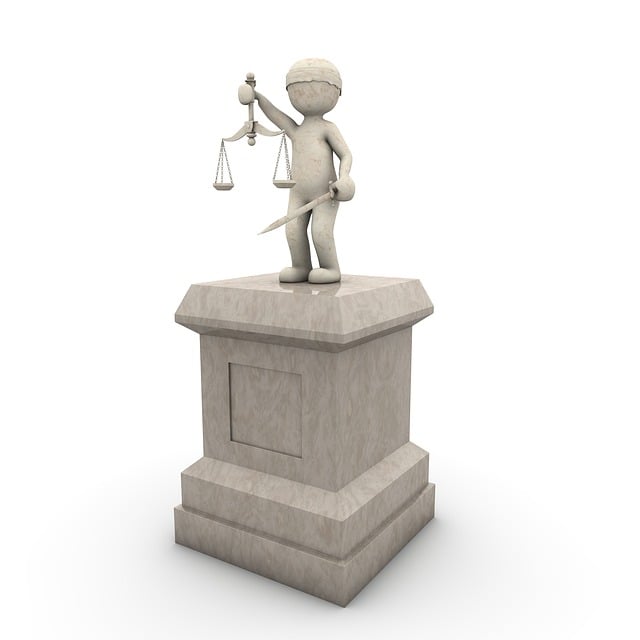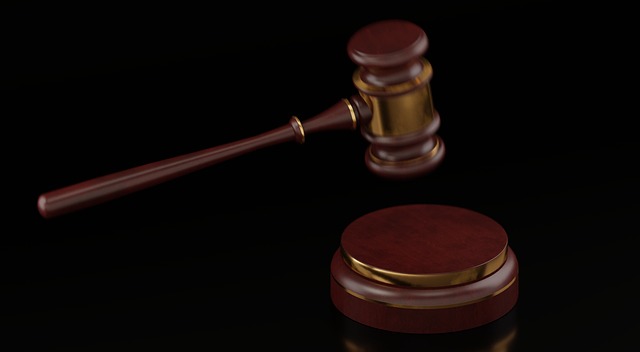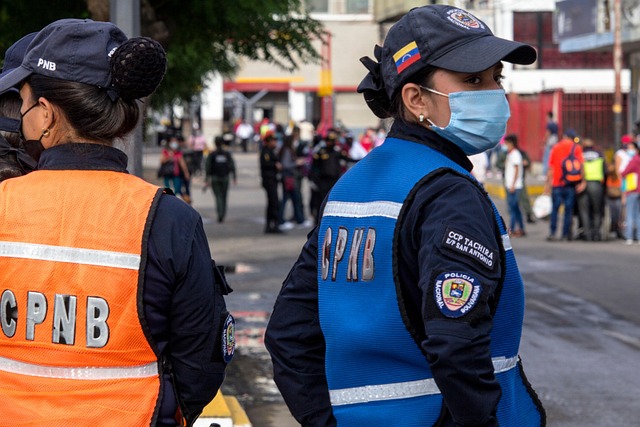RF Regulatory Agency investigations ensure RF standards, mirroring criminal procedure with appeals process crucial for stakeholders. Understanding this process, akin to Criminal Procedure Appeal Process Explained, offers strategic defense against penalties, equipment confiscations, or operation restrictions. Agencies initiate inquiries based on suspicion of non-compliance, triggering from complaints to security threats. The appeal process allows challenges, protects rights, and ensures fairness in complex white-collar scenarios, aiming for reversed verdicts or reduced sentences.
RF Regulatory Agency investigations are crucial in ensuring compliance with radio frequency standards. This article provides an in-depth look at these inquiries, from their purpose and initiation to the evidence process and appeal system. Understanding when and why agencies launch investigations is essential for businesses operating in RF technologies. We’ll explore the Criminal Procedure Appeal Process Explained, offering insights into penalties and resolutions, helping you navigate potential challenges effectively.
- Understanding RF Regulatory Agency Investigations
- When and Why Investigations Are Initiated
- The Criminal Procedure Appeal Process
- Evidence Gathering and Presentation
- Penalties and Resolutions: What to Expect
Understanding RF Regulatory Agency Investigations

RF Regulatory Agency Investigations play a critical role in ensuring compliance with radio frequency (RF) standards and regulations, which are essential for maintaining safety, security, and efficiency in various industries. These investigations are typically triggered by suspected violations of RF laws, involving complex procedures designed to uncover evidence and determine liability. The process often mirrors criminal procedure, starting with an initial assessment, through formal inquiries, and potentially culminating in court proceedings.
Understanding the appeals process is crucial for stakeholders facing potential or actual regulatory actions. Similar to the Criminal Procedure Appeal Process Explained, where individuals contest charges, RF investigations can lead to significant outcomes, including financial penalties, equipment confiscations, or legal restrictions on operations. However, just as philanthropic and political communities advocate for a fair and transparent appeal process in criminal cases, achieving extraordinary results through strategic legal representation and robust evidence presentation is equally vital in defending against RF regulatory actions.
When and Why Investigations Are Initiated

Investigations by RF Regulatory Agencies are initiated when there’s a reasonable suspicion or evidence of non-compliance with radio frequency (RF) regulations. These agencies, tasked with ensuring RF devices and systems operate safely and efficiently, may launch inquiries in response to complaints, technical issues, or potential security threats. The process often involves gathering evidence, interviewing stakeholders, and examining documentation related to the accused entity or individual.
The decision to initiate an investigation is a crucial step in maintaining the integrity of RF technologies and protecting consumers. It can be triggered by various factors, including reports of interfering devices, safety hazards, unauthorized access, or potential violations of licensing agreements. The Criminal Procedure Appeal Process Explained plays a significant role for both corporate and individual clients facing such investigations, offering avenues to challenge evidence, protect legal rights, and ensure fair representation during what may be complex white collar defense scenarios.
The Criminal Procedure Appeal Process

The Criminal Procedure Appeal Process Explained
In the event of a conviction or an outcome that isn’t in line with expectations, understanding the Criminal Procedure Appeal Process is paramount for anyone involved in general criminal defense. This process allows for the review of cases where there’s alleged error or injustice during the initial trial, ensuring fairness and the potential for achieving extraordinary results. It begins with filing a notice of appeal, setting into motion a series of legal steps towards a higher court review.
During this process, both parties present their arguments and evidence to a panel of judges who carefully consider the case. The focus is on procedural matters, evidentiary issues, and the interpretation of laws or regulations. If the appeal is successful, it may lead to a reversal of the original verdict, a new trial, or modifications in sentencing. This intricate process demands meticulous attention to detail and strategic planning from general criminal defense attorneys, who play a crucial role in navigating these legal complexities.
Evidence Gathering and Presentation

In RF Regulatory Agency investigations, evidence gathering and presentation are governed by strict procedures designed to ensure fairness and adherence to due process, mirroring aspects of the general criminal defense. The agency must navigate a complex landscape, balancing its responsibility to investigate potential violations with the rights of individuals accused. This involves meticulously documenting and preserving all relevant data, communications, and physical evidence.
The presentation of this evidence during any subsequent Criminal Procedure Appeal Process Explained is crucial. It determines whether a conviction stands or if there’s a chance for a complete dismissal of all charges. This process is particularly pertinent in cases of white collar and economic crimes, where the stakes can be high, and the specifics of financial transactions and communications intricate. The agency must ensure that its evidence is not only admissible but also compelling, adhering to legal standards set by previous cases and applicable laws, to guarantee a fair outcome for all parties involved.
Penalties and Resolutions: What to Expect

When facing RF Regulatory Agency (RFRA) investigations, understanding potential penalties and resolutions is crucial. Depending on the severity of the violation, consequences can range from monetary fines to license revocations or even criminal charges. The RFRA follows a structured Criminal Procedure Appeal Process Explained that ensures fairness throughout the investigation and any subsequent legal proceedings.
Achieving extraordinary results in these cases often hinges on a winning challenging defense verdict. Experienced legal professionals play a pivotal role, navigating complex regulatory frameworks and presenting compelling arguments to mitigate penalties. For respective businesses facing RFRA investigations, a thorough understanding of their rights and the appeal process is essential. This proactive approach can significantly impact the outcome, potentially leading to more favorable resolutions and ensuring compliance for future operations.
RF Regulatory Agency investigations are a crucial aspect of ensuring compliance with wireless communication standards. By understanding the initiation of these inquiries, the appeal process through the Criminal Procedure Appeal Process Explained, and the potential penalties, individuals and businesses can better navigate this regulatory landscape. Awareness of evidence gathering practices and anticipated resolutions empowers stakeholders to collaborate effectively during these critical times.






